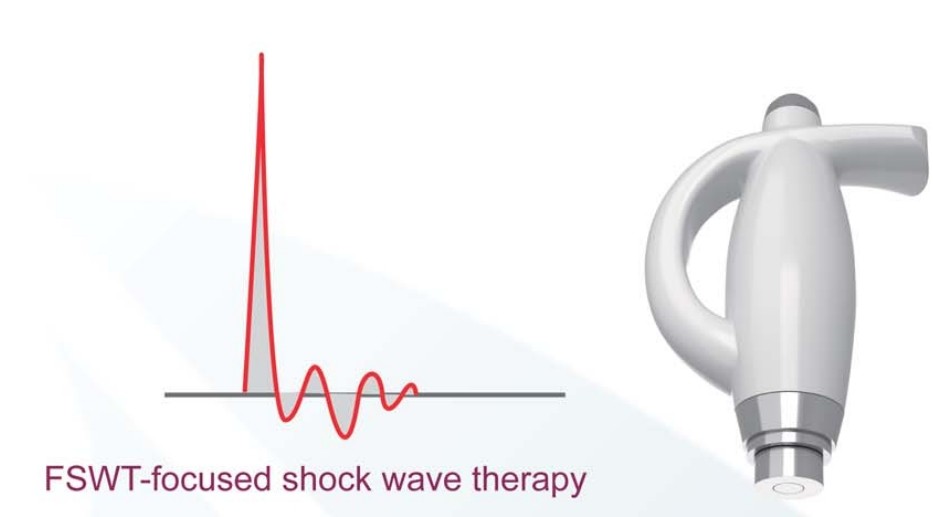
Image source: https://is.alicdn.com/img/pb/535/629/203/1203629535_391.jpg
When you think of hazardous careers, firefighters, police officers, and coal miners doubtless top the list. Rarely would call center representative enter your mind. But in recent years studies in the UK and Australia are analyzing a syndrome affecting a significant number of call center operators.
Acoustic shock syndrome is defined as any temporary or permanent disturbance of the functioning of the ear or of the nervous system, which may be caused to the user of a telephone earphone by a sudden sharp rise in the acoustic pressure produced by it. The exact source of shock incidents is still unknown, but most likely they are signals occurring within the telephone network, such as alarm signals, signaling tones, or feedback oscillation. The noises are described as sudden and intense shrieks, howls, spikes, screeches, and squawks. While the same signals occur in the hand-held telephones used at home, they can have a traumatic effect on call center operators who typically wear head-sets that take longer to remove, thus exposing them to longer duration. Add to this, the volume of the head-sets worn by call center operators, which is usually turned up due to competing call center noise. This may account for victims' describing the incidents as like being hit over the head, or like being stabbed in the ear.
The studies have shown that as many as 10% of call center employees have experienced an incident, leading to at least one missed day of work. Severe discomfort and pain may be felt during the exposure, and many other symptoms follow. Within the first thirty minutes of the incident, operators complain of nausea or exhibit symptoms typical of shock. Lingering symptoms, which can last a few days or even months, are headaches, nausea, tension, hypersensitivity to loud sounds, depression, and anxiety. In a few extreme cases, victims experience difficulty in balancing and hearing loss. Stress appears to exacerbate the symptoms, and it is likely that on-going symptoms are after-effects of muscles and ligaments being tensed to an unusual degree. This may explain why exposure to more than one incident developed more severe symptoms that lasted longer. Besides a higher stress level, operators who smoked, or had prior neck and shoulder pain seemed to suffer worse from symptoms.
Fortunately, employers are listening to the buzz about acoustic shock and reacting with concern. Most call centers now use sophisticated head set amplifiers with sound shields that block the transmission of high-pitched frequencies. Call center design has also been affected, to reduce ambient noise and thus enable the operator to reduce amplifier volume. These steps dramatically reduce, if not eliminate, the risk of traumatic acoustic shock incidents. However, victims who have already experienced an incident should be encouraged to seek counseling, and supervisors should be sensitive to their suffering. Confidence may take time to build, but with the proper support, operators can and do return to their former work status.